OUI cases in Maine usually start when a law enforcement officer pulls over a vehicle. From that point, many things can happen but if the officer even has a slight suspicion that a driver has been drinking, the likely outcome is field sobriety tests, breath tests, and possibly other chemical tests.
Depending on the results of these tests, license suspensions may result and criminal charges may be filed.
For these reasons, OUI stops should be taken very seriously. It helps to understand the driving patterns that officers look for as signs of intoxication before deciding to stop a vehicle, the signs they look for during field tests, and how to challenge results that lead to an OUI charge.
Here’s what you need to know.
Call 207-571-8146 or contact us online to schedule a consult with one of our highly skilled criminal defense & OUI, DUI, DWI lawyers, serving Maine, today.
Table of Contents
Driving conduct associated with impaired driving
Police officers on patrol in Maine, like everywhere in the U.S., look for particular types of driver conduct to establish the “reasonable suspicion” usually necessary for an OUI stop. They cannot simply pull over a vehicle on a whim but, instead, look for certain driving patterns, especially at nighttime and on weekends/holidays.
An infraction such as speeding, running a red light or failing to signal at a turn usually provides the reason to stop the vehicle. If the driver has not been drinking, a traffic ticket may result. If the officer suspects the driver has consumed any alcohol, a series of field tests will likely be performed to check if the driver is under the influence or impaired.
Many studies have been conducted to identify the type of “reckless” driving behavior indicating impairment. The National Highway Transportation Safety Administration (NHTSA) has identified the following driver actions as particularly indicative of impairment:
- Making wide-radius turns
- Straddling lane dividers or road demarcations
- Extensive weaving or swerving
- Driving under the speed limit by 10 mph or more
- Driving at erratic speeds
Speeding does not correlate closely with impaired driving
Surprisingly, for some people, the NHTSA does not include speeding in its list of actions that correlate closely with impaired driving. Despite this, law enforcement officers in OUI cases often cite speeding as the reason for pulling a driver over.
Regardless of any signs of intoxication observed by a law enforcement officer after the stop, if the stop itself was unlawful, a defendant cannot be found guilty of OUI. So, if speeding is cited in an OUI case as the reason for stopping a vehicle, the defense may be able to challenge the charge based on this.
Speak to an OUI defense lawyer if you do not believe an officer had reasonable suspicion to pull you over. However, bear in mind that defending someone who drove excessively over the speed limit using the “unlawful stop” argument is far more challenging.
Signs and symptoms of drunk driving
After the vehicle has stopped, a law enforcement officer will question the driver, look for any evidence of being under the influence, and try to establish “probable cause” for an arrest to be made if necessary.
Typically, officers have been trained to detect the following signs of intoxication:
- Slurred or incoherent speech
- Bloodshot and watery eyes
- Alcohol odors on or around the driver
- Inconsistencies in the driver’s “story”
- Slow responses to questioning
- Unsteadiness on the feet or stumbling out of the vehicle
- Poor motor skills
- Fumbling with a wallet/driver’s license
The officer may request that the driver participate in field sobriety testing or provide a breath sample. The driver can refuse these processes but will likely then be asked to perform a chemical test. A refusal will result in a license suspension and a potential criminal charge under Maine’s “implied consent” laws.
Call 207-571-8146 or contact us online to schedule a consult with one of our highly skilled criminal defense & OUI, DUI, DWI lawyers, serving Maine, today.
Challenging an OUI traffic stop in Maine
Pleading guilty in an OUI case is rarely (if ever) the best option, due to the harsh long-term consequences that accompany a conviction.
The evidence against defendants is often not as “watertight” as the prosecution claims. Several arguments may be used to challenge the evidence against almost anyone charged with an OUI offense—especially if the driver is only slightly over the legal limit.
Most defenses relate to sobriety test results, such as chemical tests like breathalyzers or blood tests, or field sobriety assessments. These are all subject to human error, faulty equipment, and improper administration.
Challenging a blood test
Blood tests are generally regarded as a reliable way to measure blood alcohol concentration (BAC) because they are conducted in labs. However, because it takes time for the test to be administered, one possible defense may be that the driver was under the limit when stopped but the BAC later rose when the blood was taken.
Challenging a breath test
Roadside breath tests using “breathalyzers” are often used as key evidence in OUI cases in Maine. An experienced OUI defense lawyer can often challenge the accuracy of these test results due to an incorrectly administered test or poorly calibrated equipment.
Challenging a field sobriety test
Field sobriety tests include HGN testing (horizontal gaze nystagmus), the walk and turn, and the one-leg stand. In each of these tests, there is considerable room for human error, especially if the police officer failed to provide clear instructions.
Are OUI checkpoints legal in Maine?
Despite the police usually requiring reasonable suspicion to initiate a traffic stop, the Supreme Court has ruled that sobriety checkpoints or OUI roadblocks are legal under federal law. This is because they are regarded as serving a significant public safety interest and involve only minimal intrusion on drivers.
To be lawful, checkpoints must follow a predetermined, neutral plan for stopping vehicles, use proper signage and visible authority presence, keep the stops brief and non-discriminatory, and avoid extending the detention without further cause.
For experienced legal help with any OUI charge, call the Maine Criminal Defense Group at 207-571-8146 for an initial case evaluation.
Call 207-571-8146 or contact us online to schedule a consult with one of our highly skilled criminal defense & OUI, DUI, DWI lawyers, serving Maine, today.
OUI Blog Articles
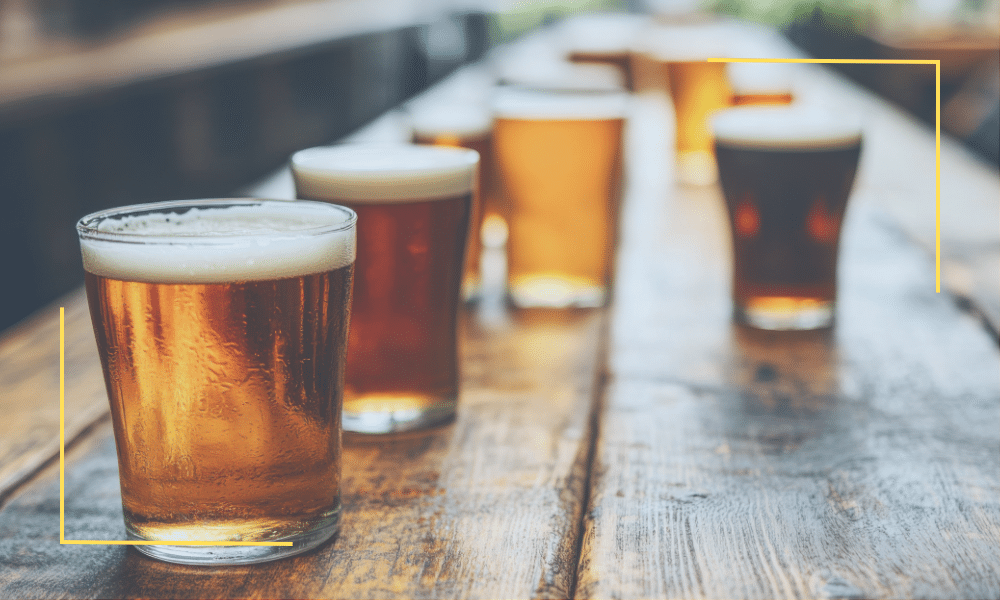
The Maine Liquor Liability Act (MLLA) provides for the recovery of damages against anyone who negligently or recklessly “serves” alcohol to a minor. However, that might be just the start[...]

A conviction for an OUI, DUI, DWI in Maine is accompanied by serious consequences, including heavy financial repercussions. Understanding the court-imposed fines is one thing, but the financial consequences can[...]
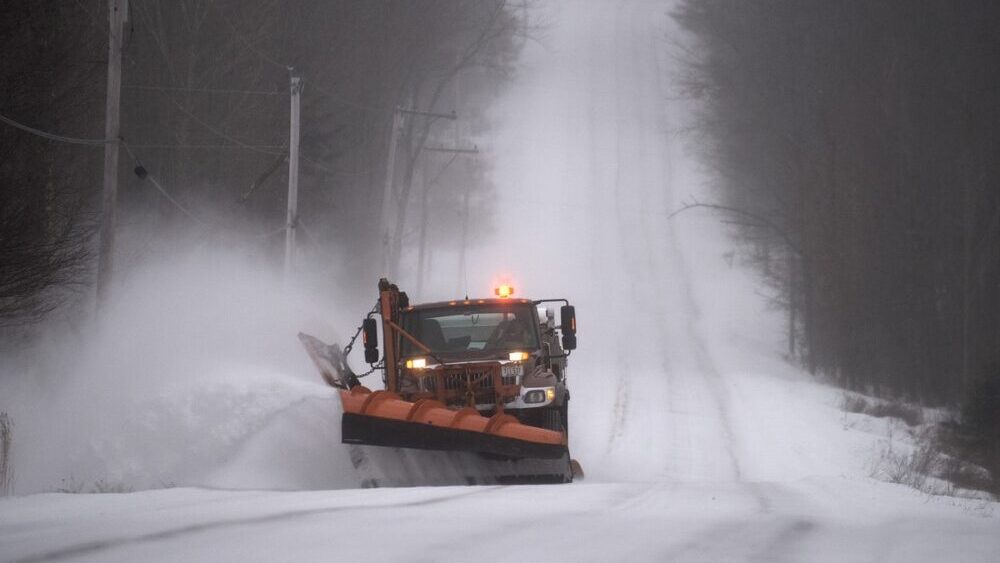
January 11th, 2025, in Skowhegan, Maine, a Maine Department of Transportation plow truck sustained a head-on collision caused by a drunk driver on Route 2, as reported by law enforcement.[...]

The tragic events of a fatal car crash in 2023 that claimed the lives of four young people have finally reached a pivotal legal outcome. Noelle Tavares, a former Maine[...]

In most states, there are many different places that the average person can take a driving course to satisfy court requirements as related to an DUI conviction. However, in the[...]
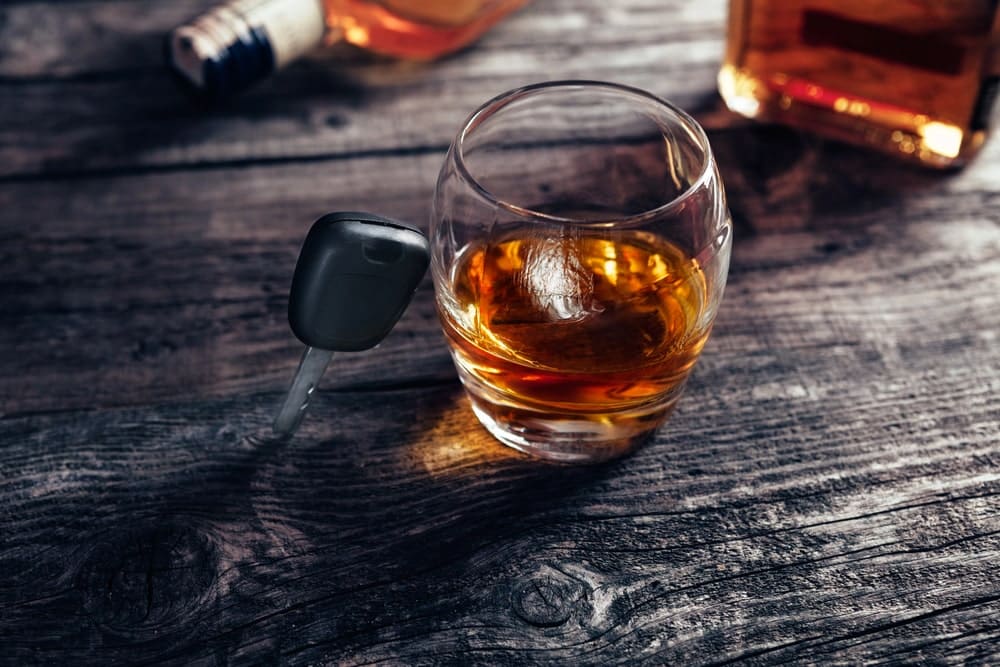
Defending against OUI offenses in Southern Maine Anyone charged with a 2nd OUI in Maine should expect little leniency from the criminal justice system. This makes it even more important[...]
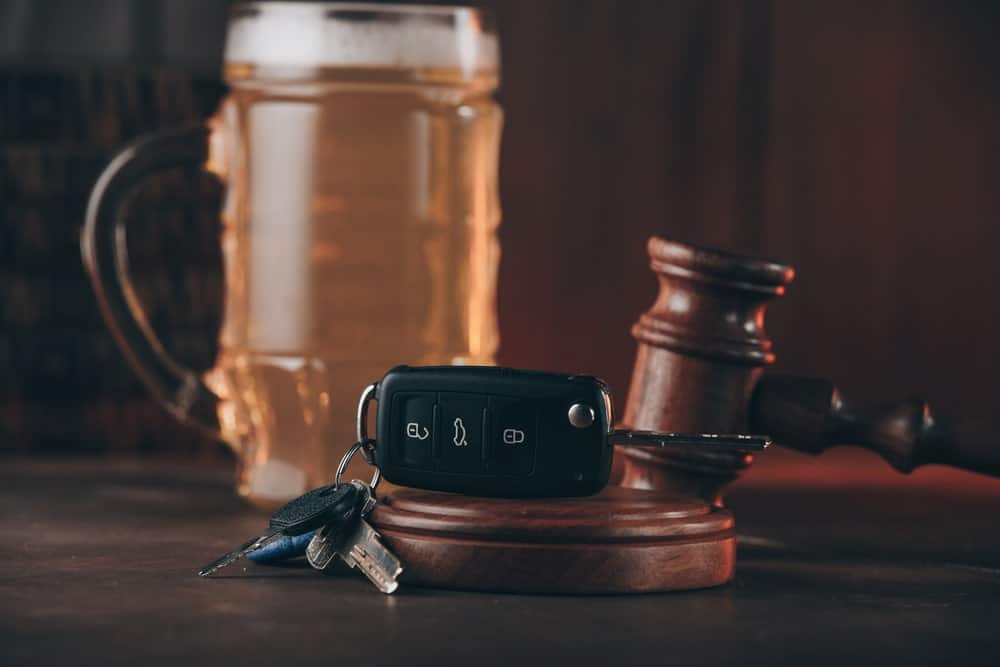
Defending against OUI Refusals in Southern Maine Did you know that it is a criminal offense to refuse to submit to a chemical test if lawfully requested to do so[...]
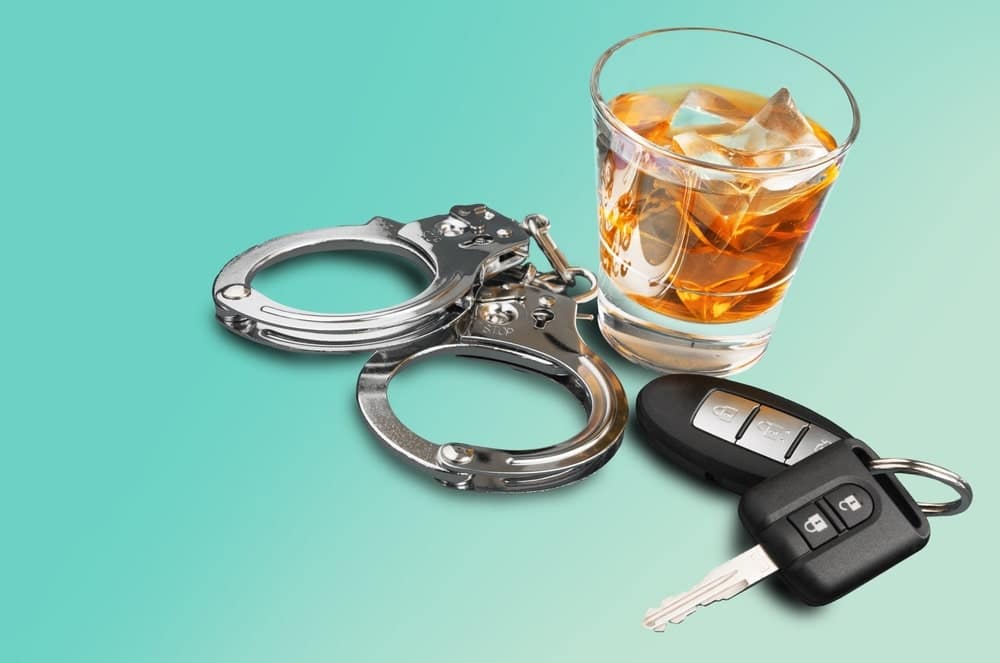
Reducing an OUI charge in Maine OUI charges are handled severely in Maine. For many people, a drunk-driving charge is their first time dealing with the criminal justice system and,[...]

Alcohol laws of Maine While you should be aware of the strict OUI laws in Maine, it’s also important to know about other ways you can face a traffic infraction[...]
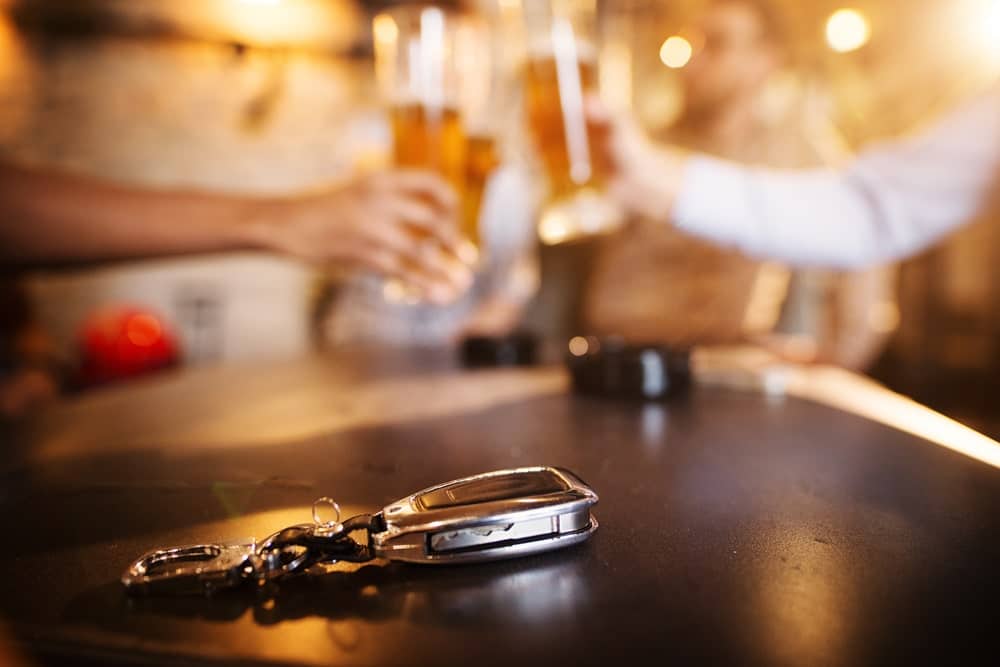
Defending against OUI offenses in Southern Maine A first OUI in Maine can potentially have long-term consequences, but with the right legal representation, alleged offenders can escape the harshest penalties.[...]
